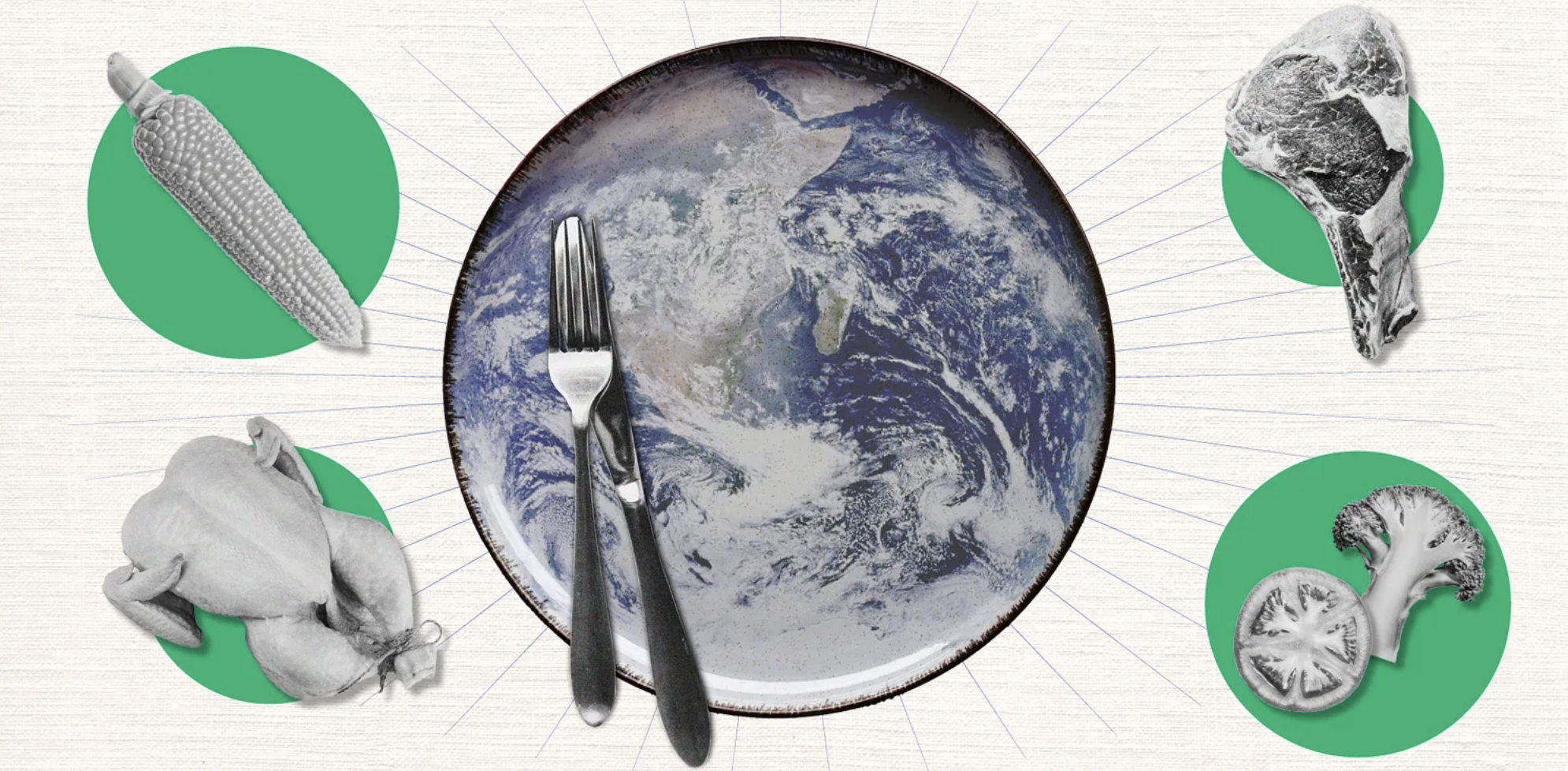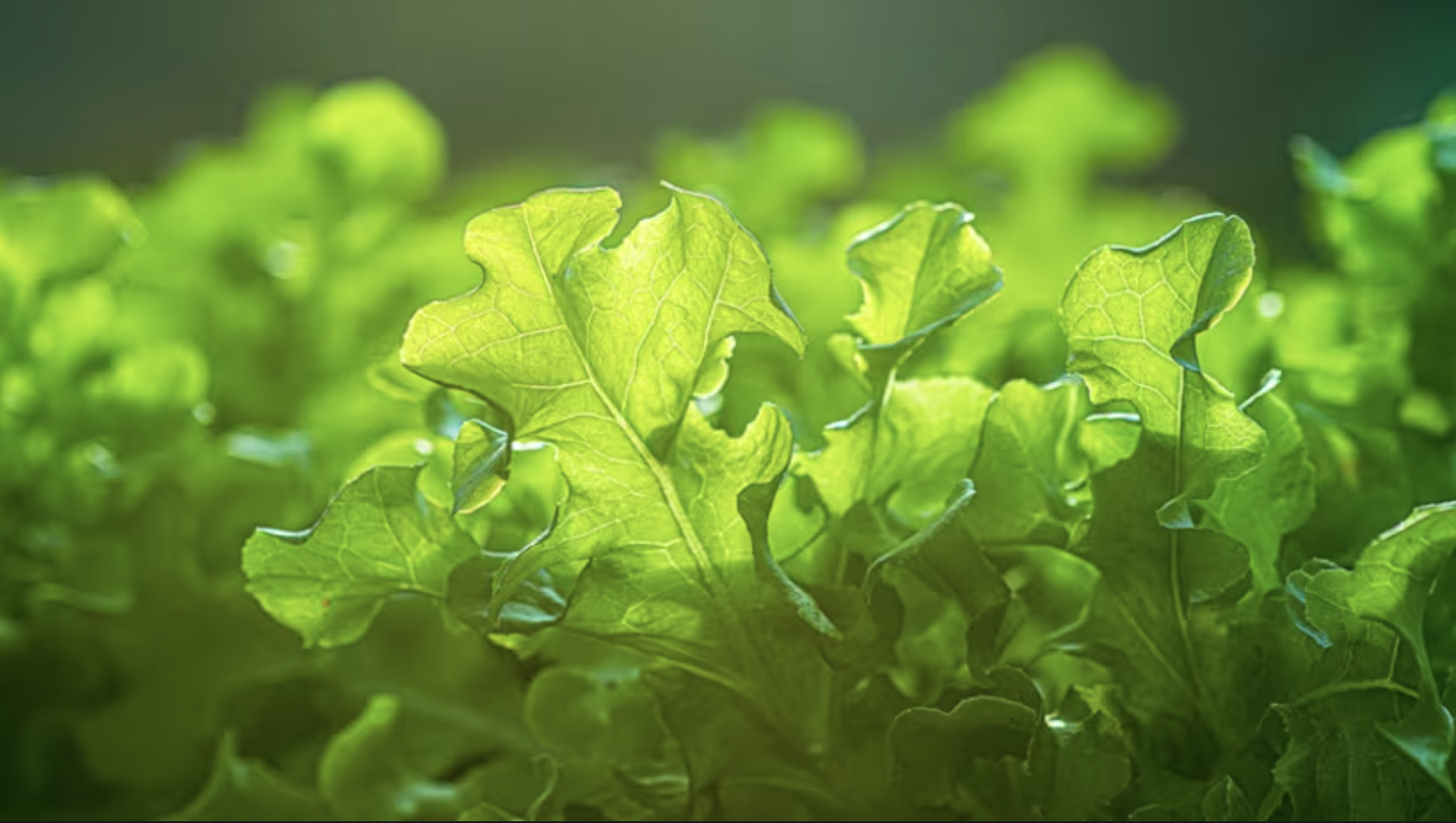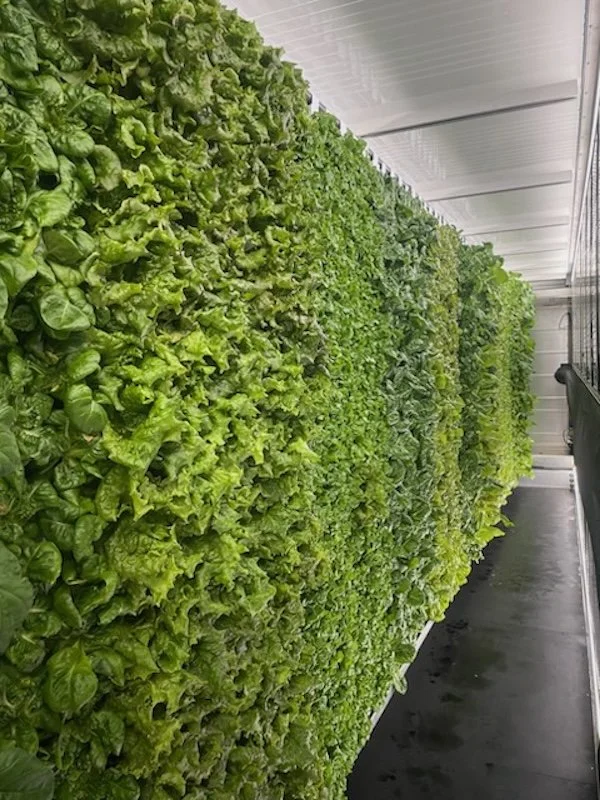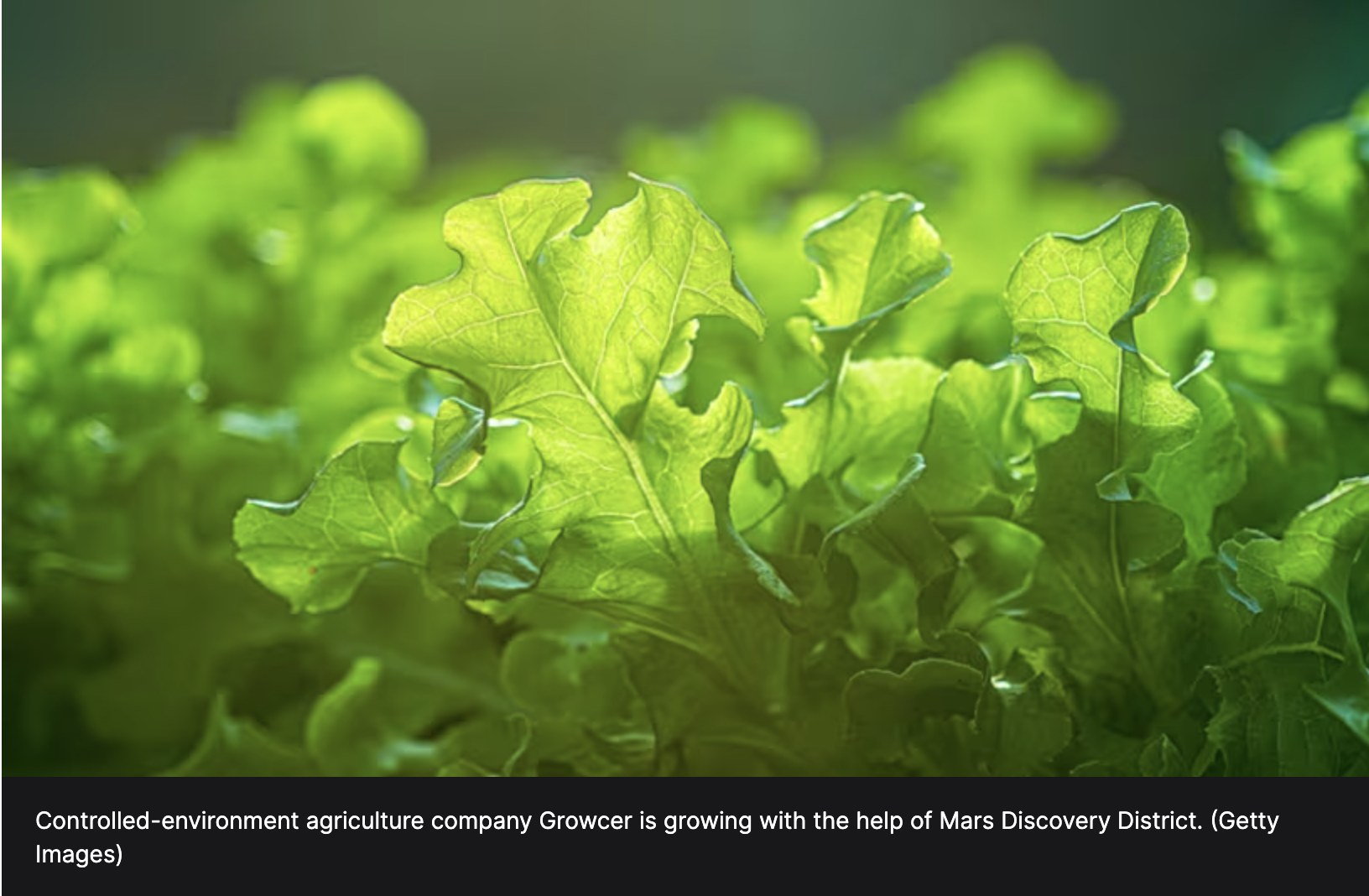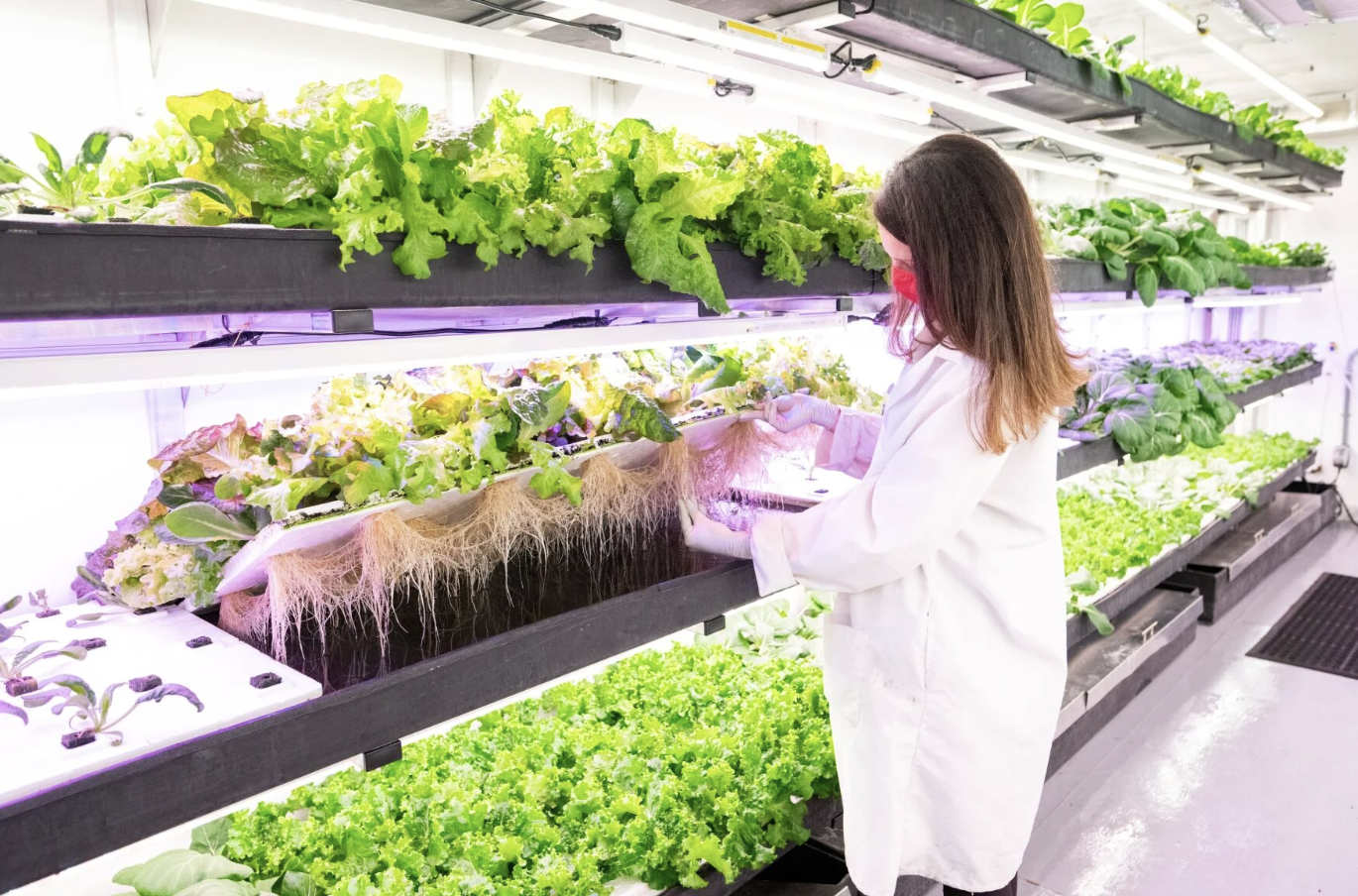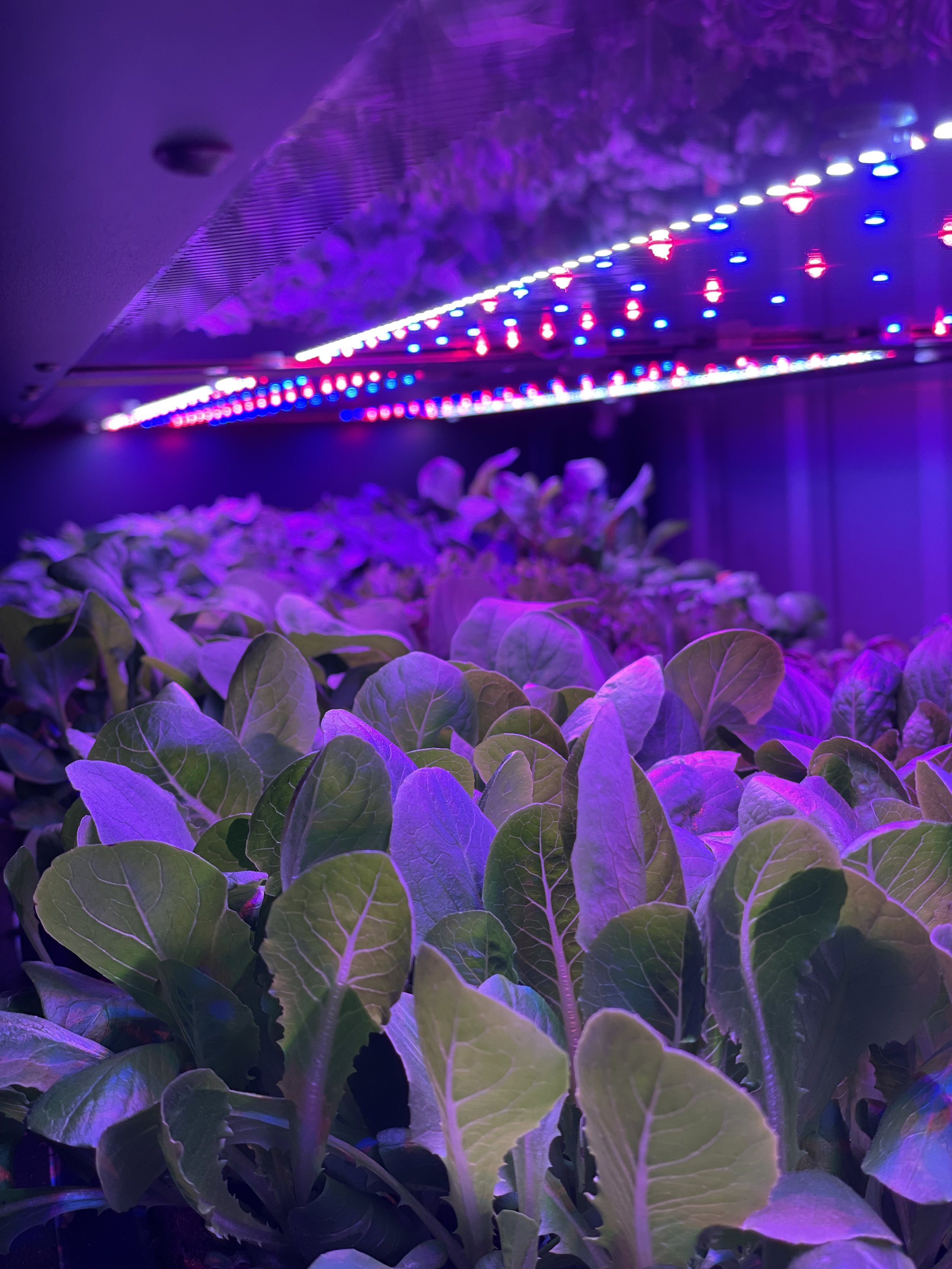
News About Farming in Shipping Containers & Limited Indoor Spaces
Clean Plate: Innovations That Can Help Shrink The Food Industry’s Carbon Footprint
In 2016, Growcer installed its first modular, vertical farm in Churchill, Man., where food security can be precarious. Growcer’s team trained the local community how to operate and maintain the hydroponic farm that is housed inside what looks like a shipping container where plants grow on stacked shelves under LED lights.
Within weeks, the community saw the cost of vegetables plummet by 50 percent simply because the locally grown produce replaced leafy imports.
‘Unit Economics Do Not Work Everywhere,’ Growcer CEO on Making Indoor Ag Profitable
Growcer is taking a prudent approach to growth and capital, as the Canadian indoor ag company scales up with the help of Mars Discovery District
USA - MASSACHUSETTS: Watertown Public Schools Awarded State Grant to Support Farm-to-School Program
The state recently awarded the Watertown Schools a grant to run its farm-to-school program, including its Freight Farm.
Watertown Public Schools has received more than $80,000 in state grant funding to continue its farm-to-school efforts, expanding learning opportunities for Watertown’s students while also increasing local food production.
‘Unit Economics Do Not Work Everywhere,’ Growcer CEO on Making Indoor Ag Profitable
Growcer is taking a prudent approach to growth and capital, as the Canadian indoor ag company scales up with the help of Mars Discovery District
Seeds of Change: How Smart Shifts Could Help Strengthen Canada’s Agri-Food Supply Chain
Canada imports as much as 90 per cent of its lettuce, a fact that seems woefully out of step with a Buy Canadian ethos. It’s not just a greens issue — according to tracking from UBC, roughly 60 per cent of the vegetables and 80 per cent of the fruit consumed in the country comes from elsewhere. Most of us are hoping to change this reality: a survey by KPMG in February found that 93 per cent of Canadians prefer locally grown produce.
USA - CHICAGO - VIDEO: How a Lawndale Farm Yields Harvest Through the Winter
A farm experiment yields a harvest through the winter, and it is in the middle of Lawndale.
An empty lot in North Lawndale is host to a micro farm, more specifically, an agricultural pod inside a metal container. The produce grows vertically and hydroponically where light and temperature are controlled year-round.
USA - CHICAGO - VIDEO: ComEd Gives Glimpse Into Shipping Container Pods Aimed at Improving Urban Farming
ComEd showed off cool agriculture pods Monday which showcase indoor farming inside of shipping containers.
The shipping containers are set up with LED lighting, high-efficiency HVAC systems for fresh air and pumps to recirculate water.
It’s part of a national study to understand how utility companies can plan for indoor agriculture.
2025 Innovator Finalist: Corey Ellis, Growcer
Corey Ellis, co-founder and CEO of Growcer in Ottawa, Ontario, is one of three finalists in the Innovator category of the CEAg World Impact Awards. The Innovator Award recognizes an entrepreneur or leader who has pioneered and implemented a new tool, concept, or practice that has significant implications for CEA. This award recipient will be someone who has used their expertise to drive tangible improvements for growers, enhancing productivity, sustainability, and overall farm success.
Learn more about Ellis below, and watch CEAgWorld.com for more profiles of our finalists.
VIDEO: What if Hospitals Could Grow Their Own Medicine?
At AdventHealth, that idea is becoming reality. By integrating locally grown produce into patient care, they’re proving that access to fresh food can heal both people and communities.
Freight Farms is proud to help make it possible, with technology that brings food production on-site, ensuring healthcare systems can nourish patients sustainably, reliably, and year-round.
Because when hospitals grow food, they grow health. Join us for a free 30-minute webinar: Fueling the Food as Medicine Movement.
VIDEO: Support For Freight Farmers: Town Hall (October 2025)
On October 10, 2025, Corey Ellis, CEO and co-founder of Growcer and Dave Harris, head of Freight Farmer Success at Growcer, chatted about support options available for Freight Farmers and answered your questions.
Growcer Acquires Freight Farms, Opening a New Chapter for Modular Farming
Ottawa, ON — Freight Farms, a pioneer in containerized farming technology, has found a new home with Growcer, the Canadian agritech company that has been enabling year-round, hyper-local food production across North America for more than a decade.
The acquisition follows Freight Farms’ bankruptcy filing in April 2025, which left its global community of farmers facing uncertainty about the future of their operations. On July 28, Growcer acquired the company’s assets, committing to preserve Freight Farms’ legacy while charting a stronger future for its growers.
Communities Find Fresh Approaches To Tackling Food Insecurity
One in four Canadians — more than 10 million people — are struggling to put food on the table, according to a new RBC report published in June.
This is the highest level ever recorded in this country, driven by rising costs and limited access to affordable food.
In Ottawa, a new initiative at The Ottawa Mission shows how community collaborations can make a difference in combatting this important issue.
With two new modular vertical farms built in partnership with local ag-tech company Growcer, and with support from RBC Foundation through the Ottawa Community Foundation’s Food Resilience Foundation Fund, the shelter is now producing up to 20,000 pounds of fresh greens annually.
Growcer and Growtainers Announce a Strategic Alliance, Pledge Collaboration Over Competition
Canadian vertical farming company Growcer has announced that it has entered into a strategic alliance with Growtainers, the U.S.-based container farming firm founded by Glenn Behrman.
The announcement comes shortly after Growcer's acquisition of Freight Farms' assets in July, a move that brought more than 500 growers worldwide under its support network.
Growcer CEO Corey Ellis shared the news in a detailed LinkedIn post, framing the alliance as a way to combine strengths while setting realistic expectations for the industry.
USA - BOSTON - VIDEO: Grow Food Here – Boys and Girls Clubs of Metro South
What happens when a Boys & Girls Club starts container farming? In Boston Metro South, two Freight Farms hydroponic container farms are doing far more than just growing food.
They are creating hands-on learning opportunities for kids, engaging community volunteers, attracting major donors, and supporting local nonprofits.
Discover how these farms became teaching tools, hands-on labs for youth programs, and a powerful way to bring the community together.
VIDEO - ALBANY, NEW YORK: Grow Food Here – Broadview Federal Credit Union
Discover how Broadview Federal Credit Union is transforming food security in Albany, NY through sustainable container farming!
Since 2018, Broadview has invested in four Freight Farms hydroponic container farms and donated three of them to local nonprofit organizations.
This initiative is helping fight food insecurity, provide hands-on farming education for kids, and improve community health outcomes. Learn how container farming makes fresh, healthy produce accessible year-round and supports local nonprofits in building a more sustainable future.
USA - VERMONT: Oxbow High School Sets Up Hydroponic Farm In Shipping Container
Oxbow High School is in the process of setting up a hydroponic farm built inside a modular container that will serve as an educational tool for students year-round.
Stony Brook University in New York donated the structure, which was designed by Boston-based company Freight Farms, to Oxbow last fall. An average Leafy Green Machine unit costs about $76,000.
Oxbow staff learned about Stony Brook’s plan to part ways with the Freight Farm through a facilities person at the college who is a relative of a staff member at Oxbow. The high school “seized the opportunity” to acquire the farm, Oxbow Principal Ken Cadow said via email.
Oxbow’s Freight Farm will be located behind the school’s library and STEM (science, technology, engineering and mathematics) lab, which opened last fall.
Q&A: Growcer’s CEO on Container Farm Profitability and What’s Next for Freight Farms Growers
Even with vertical farming’s recent struggles, the Freight Farms’ bankruptcy announcement in April 2025 came as a shock. The company, founded in 2011, had been one of the first to commercialize container farming, selling turnkey hydroponic farms housed in retrofitted shipping containers.
It had grown to serve more than 600 customers in all 50 U.S. states and was developing a widespread presence around the world. The day after the bankruptcy announcement, Freight Farms growers were informed via email that they no longer had access to tech support, core software platforms, farm supplies, or replacement parts.
“We Believe Canada’s Food Producers Can Lead The World in Sustainable, High-Output Agriculture”
Through partnerships with Growcer, food banks, and community farms, the Royal Bank of Canada (RBC) is positioning vertical farming and controlled environment agriculture (CEA) as a strategic solution to climate, skills, and food access challenges.
When The Ottawa Mission, the city's oldest homeless shelter, recently installed two modular vertical farms, it became more than a food relief effort. The project, a partnership between the shelter, agtech firm Growcer, and the Royal Bank of Canada, represented a collaboration that merges philanthropy with infrastructure building.


